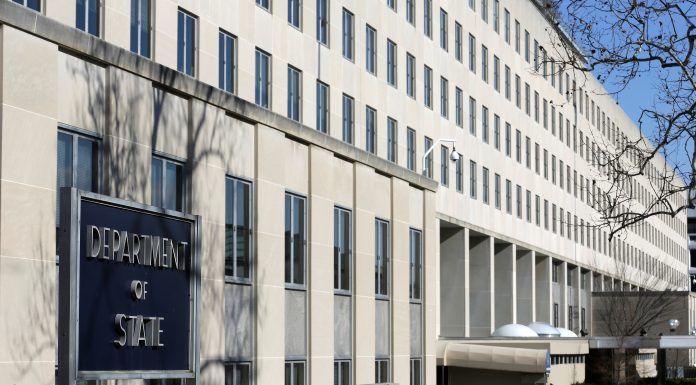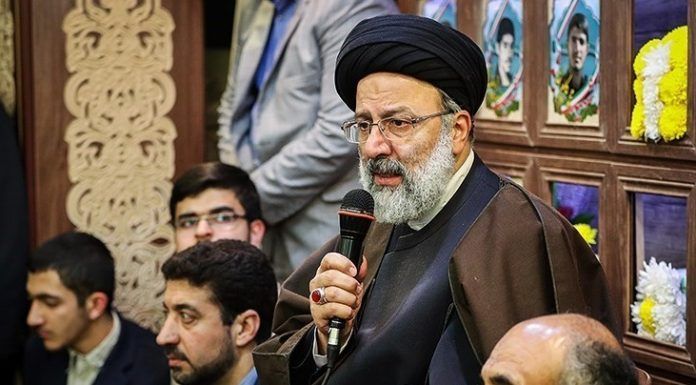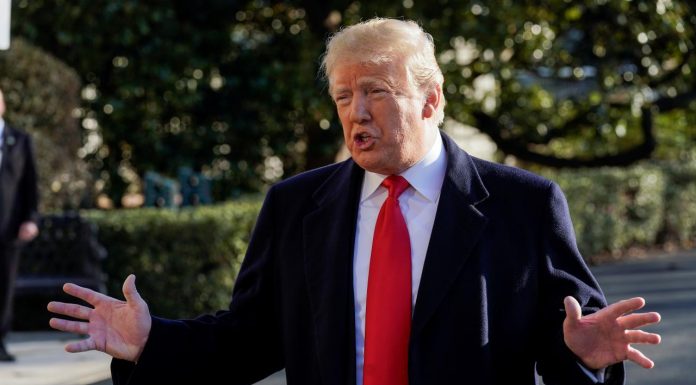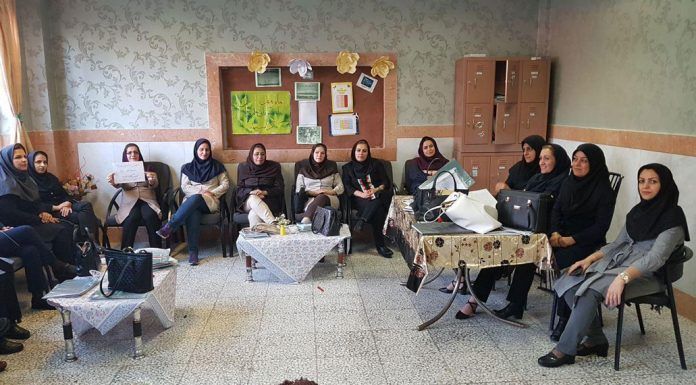MAY 10 – The U.S. imposed another round of sanctions on Iran this week, hitting the country’s metal industries. In an executive order released on Wednesday, U.S. President Donald Trump said that revenue from these sectors could be used to “provide funding and support for the proliferation of weapons of mass destruction, terrorist groups and networks, campaigns of regional aggression, and military expansion.” The metal sectors make up 10 percent of Iran’s export economy and are the government’s largest source of non-oil related export revenue.
The Trump administration also set new limits on Iran’s nuclear activities to further restrict the Iranian government’s nuclear program, including scrapping waivers that had previously allowed Iran to trade surplus enriched uranium with other countries for “yellowcake” or natural uranium. Iran suspended certain commitments under the nuclear deal and threatened to resume production of more-highly-enriched uranium in 60 days if other signatories to the agreement did not protect Iran from U.S. sanctions. The UK, France and Germany rejected Iran’s ultimatums but re-affirmed their commitment to the nuclear deal.
Meanwhile, the U.S. sent additional military forces to the Middle East after U.S. officials said they received intelligence that the Iranian government had told some of its proxies that they could target American soldiers and assets in the region.
- The State Department marked the one-year anniversary of the Trump Administration’s Maximum Pressure Campaign on Iran in a statement released on Wednesday. The statement confirmed that the administration was targeting Iran’s airlines after the Iranian government announced Touraj Zanganeh as Iran Air’s new chief. Zanganeh was blacklisted by the U.S. for allegedly allowing the transportation of weapons and supplies to Syria through Meraj Air’s aviation fleet while serving as CEO for the airline.
→ Link to source
- Ahmad Tavakkoli, an Iranian conservative politician, anti-corruption activist and a member of Iran’s Expediency Council urged Ebrahim Raisi, the Chief Justice of Iran to bring authorities inside the country to justice, in a letter published this week. Tavakkoli explained in his letter that not pursuing allegations of legal breaches was as much of a crime as the breaches themselves. The letter also noted that corruption watchdog and non-governmental organization Justice and Transparency Watch, of which Tavakkoli is the founder, had issued several indictments against officials which had yet to be prosecuted.
→ Link to source
- U.S. President Donald Trump’s decision to end all waivers for Iranian oil imports and the ongoing sanctions are hitting Iran’s economy hard. Speculation over what the sanctions might impact include the view that they could harm the foreign exchange market, prompt investors to take their cash out of the stock and commodities markets and even bring Iran’s economy to a complete halt.
→ Link to source
- Two Iranian teachers were arrested following nationwide protests on national Teacher’s Day in the country. Unconfirmed reports identified the two teachers as Rasul Bodaghi and Mohammad Falahi. Some eyewitnesses said that policemen dragged Mr. Bodaghi along the pavement before putting him into a van and placed Mr. Falahi in a car. The whereabouts of the teachers are still unknown.
→ Link to source
| [amo_member id=”110708″ item-width=”250″ align=”left” item-margin=”20″ full-width=”yes” panel=”right”] |





